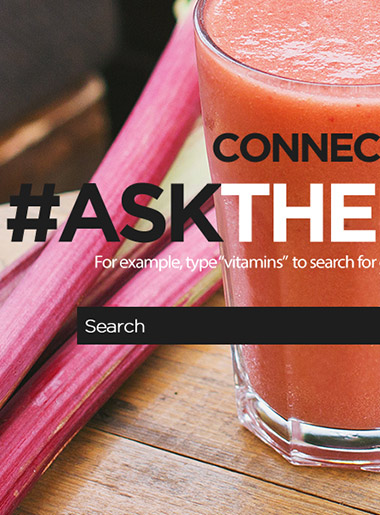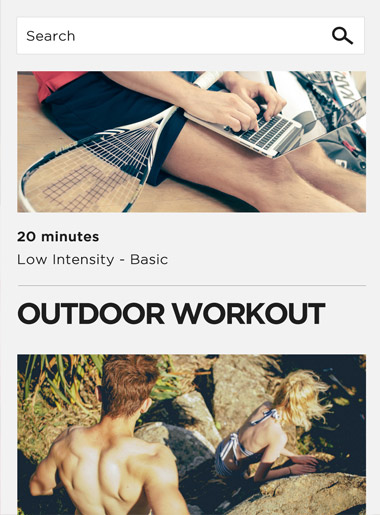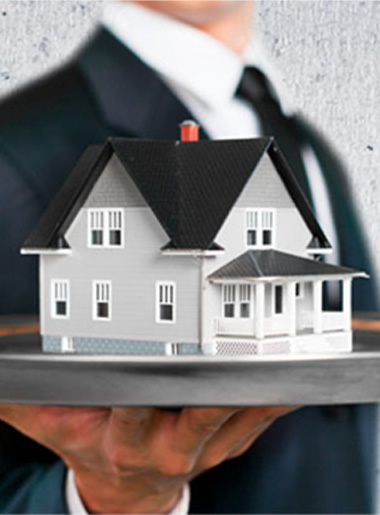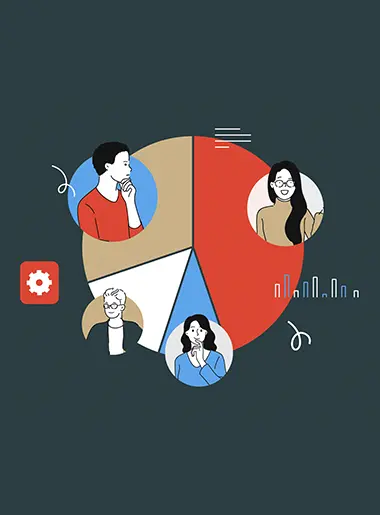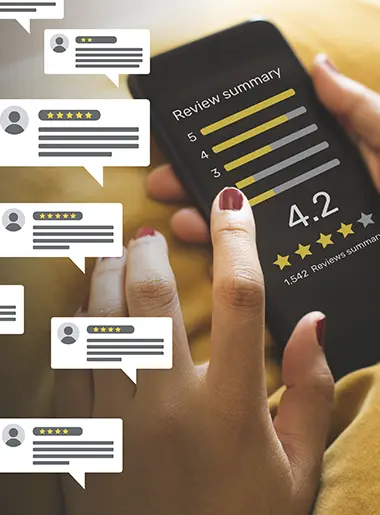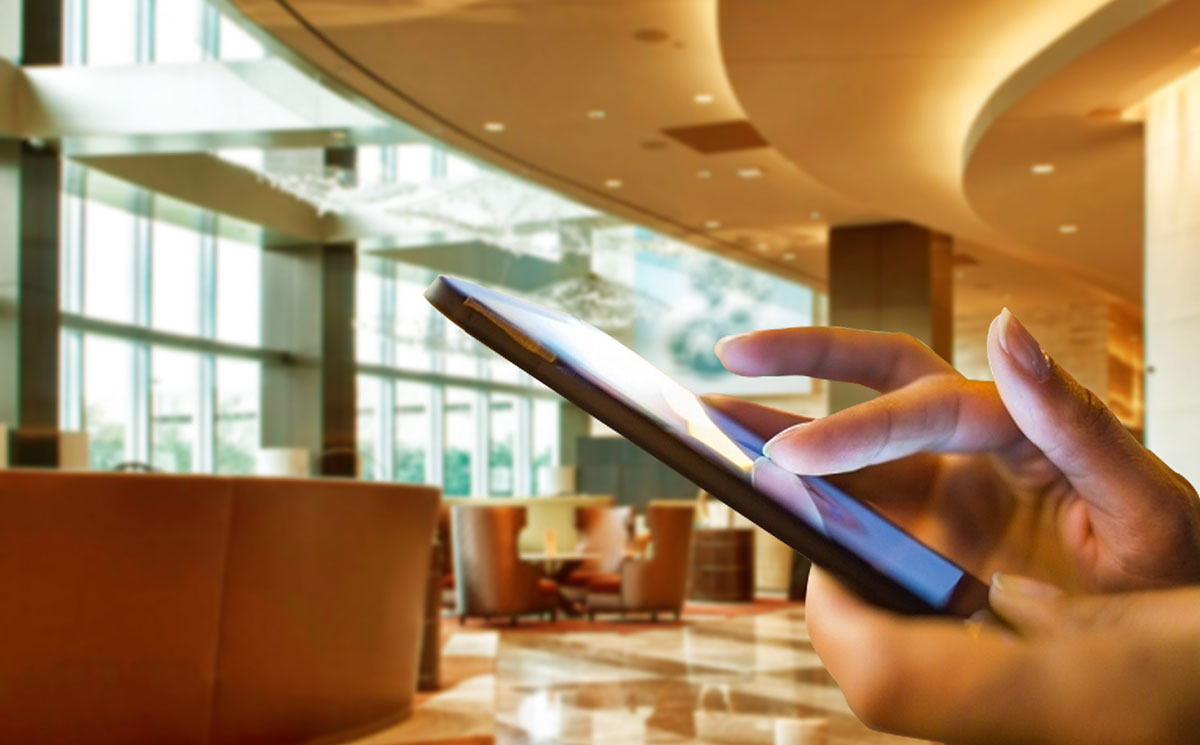
Everybody knows the online user experience changes from screen to screen, what the user expects on desktop and on cellphones is not the same. On one hand the size of the screen is key to obtain maximum graphic resolution and experience. Moreover the user’s needs on mobile are about service and on site execution meanwhile on desktop research is crucial, and navigation time is longer.
That’s the reason why within the touristic and hospitality industry, the user experience has it’s own communication objectives on each channel.
When the users are using desktop, either at work, in a bar or at home they are researching, this medium allows greater detail and more time to go back and forth. Mobile generally is about on site execution as mentioned before, for example in a shopping, traveling, on the street; the search aims to find a place, locate a neighborhood, see available shows, museums, entertainment in the area, and of course find promotions. As we can see, the type of inquires on each channel are different and the experience as well.

We have already discussed the Four Seasons Hotel case, and how the virtual service emulates the real check-in experience without the need of a desk clerk in the reception. Everything expected from customer care service in the hotel: from self-check-in, suites upgrade, restaurants booking, room service, shuttles in/ out to airport ordering, spa and fitness services reservation, comfort details such as type of pillows, blankets, sheets, mattress size, to what you can do in the area, everything on the passenger´s mobile phone.
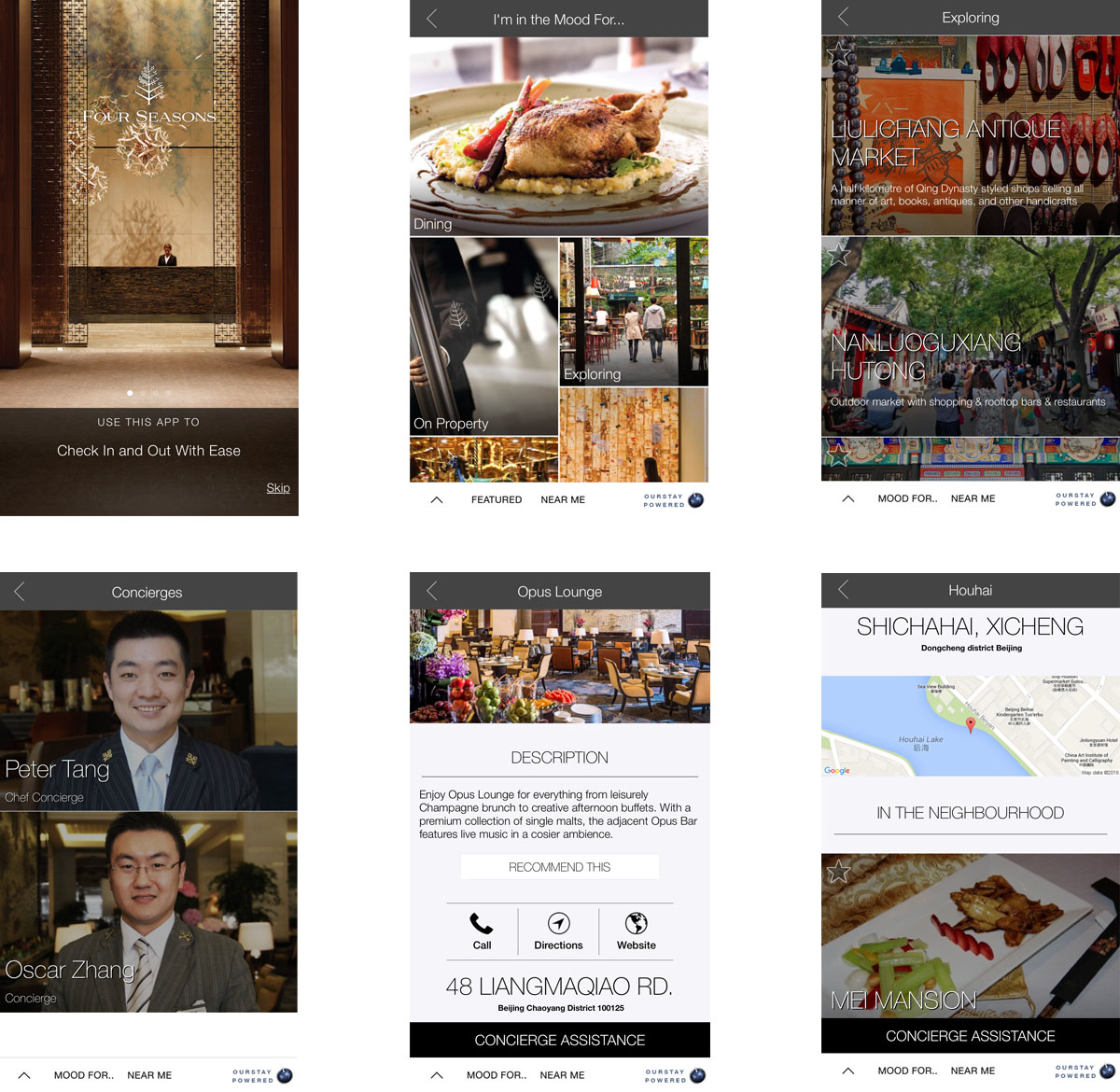
The challenge is the integration of customer care areas and it´s technology layers: from reservations, operations, room service, restaurants and spa. The industry is contributing to improve the experience via mobile devices to provide better service. Under these circumstances, brands interact directly with the client, accomplishing a neat experience on the real life.
On the other hand for desktop experiences, timing, impact and objective are completely different, the thing they have in common is try to bring real experiences to the virtual world. The spirit of the place, the story told adds value to the online desktop experience. The goal in this case is that each user empathizes with what he is looking for: a student looking for a B&B will relate to a communication and experience totally different from an executive on a business trip or a couple looking for social life and new cultural experiences.
The Mark Hotel understood this concept and showcases a sophisticated user who enjoys the activities offered by the place, not only inside the hotel but also in its surroundings. Their proposals related to design, art and glamour, are leveraged on the images and influencers´ speech associated to the philosophy.
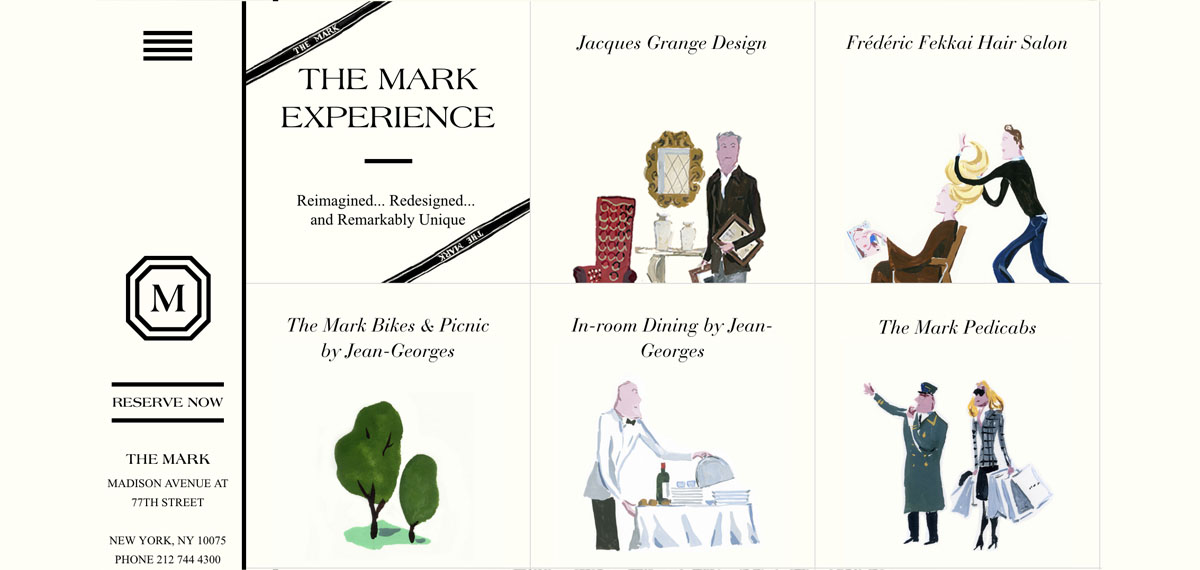
Edition Hotels took an experiential path, by showing #24HoursAtTheBeach, a film inspired on an ideal weekend in Miami. Each movie shows the essence of a day: sunrise, noon, sunset and night in different hotel locations.
Or for example Jumeirah, in collaboration with Google exhibits a 360 tour, which gives us a very clear idea of the place and experience.
In short, there are many examples that the hospitality industry is producing to make guests feel at home, and at the same time allow them to try before they even live the experience.

